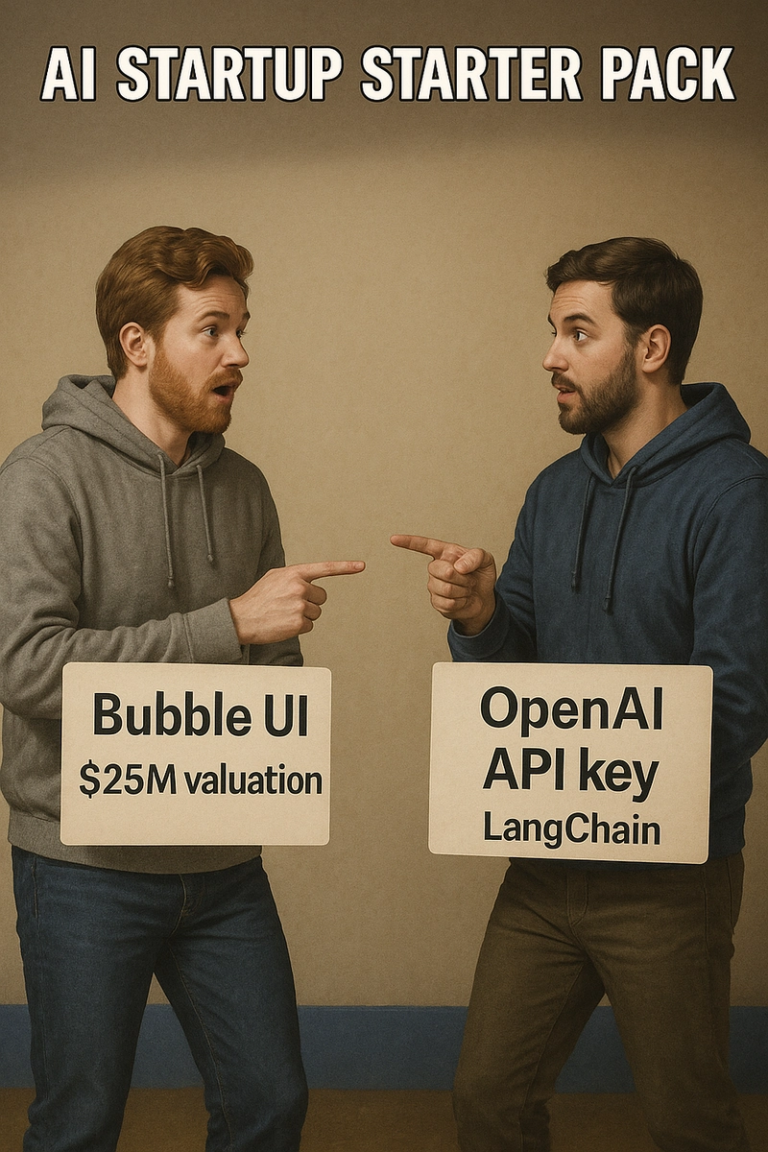The Complete Guide to AI-SEO in 2026
🔥 The Complete Guide to AI-SEO in 2026: 6 Factors That Matter Most
AI search engines like Google SGE (Search Generative Experience), Perplexity, and ChatGPT Browse are changing the way people consume information.
Instead of clicking links, users often read AI summaries directly.
So, how do you make sure your site is the one AI pulls data from?
The answer → AI-SEO.
Here are the 6 major factors that decide whether search engines and AI models trust your content.
- Technical SEO (Crawlability & Indexability)
Before ranking or summarizing your content, Google bots and AI scrapers need to find and read your pages.
Key elements:
Sitemap.xml → Lists all pages & last updated date.
<url>
<loc>https://example.com/ai-seo</loc>
<lastmod>2025-08-24</lastmod>
</url>
Use next-sitemap in Next.js to auto-generate.
Robots.txt → Controls what crawlers can access.
User-agent: *
Allow: /
Disallow: /admin
Page speed / Core Web Vitals → Optimize for LCP, CLS, FID.
Tools: PageSpeed Insights
.
Mobile-friendliness → Responsive UI is mandatory.
HTTPS → Secure browsing (SSL certificate).
Canonical tags → Prevent duplicate content issues.
<link rel="canonical" href="https://example.com/ai-seo" />
- On-Page SEO (Content Optimization)
Once crawlers can access your site, they need to understand it.
Key elements:
Title tag & Meta description
<title>AI SEO Guide 2025 - Next.js Optimization</title>
<meta name="description" content="Learn how to optimize websites for AI SEO in 2025 with Next.js.">
Headings (H1, H2, H3) → Maintain hierarchy with keywords.
Example:
`
H1: AI SEO Guide 2025
H2: Technical SEO Best Practices
H3: Sitemap.xml Example`
Keyword placement → Natural use in intro, body, headings, alt text.
Internal linking → Pass authority to deeper pages.
<a href="/ai-seo/technical">Technical SEO Guide</a>
Image alt text → Helps search engines & accessibility.
<img src="seo.png" alt="AI SEO best practices infographic" />
Schema markup (Structured Data) → Enables rich snippets.
<!DOCTYPE html>
<html lang="en">
<head>
<meta charset="UTF-8">
<title>AI SEO Guide</title>
<script type="application/ld+json">
{
"@context": "https://schema.org",
"@type": "FAQPage",
"mainEntity": [{
"question": "What is AI SEO?",
"acceptedAnswer": { "text": "AI SEO optimizes content for AI-powered search engines." }
}]
}
</script>
</head>
<body>
<h1>AI SEO Guide</h1>
<p>AI SEO optimizes content for AI-powered search engines...</p>
</body>
</html>
- Content Quality (E-E-A-T Framework)
Google and AI models now score content based on Expertise, Experience, Authoritativeness, and Trustworthiness (E-E-A-T).
Key elements:
Expertise → Written by subject-matter experts.
Experience → Real-world examples, case studies.
Authoritativeness → Backlinks from trusted sites.
Trustworthiness → Accuracy, updated sources, transparency.
📌 Example:
Add an author bio → “Written by Shubham Khatik, Full-Stack Developer (4 YOE in React & Next.js).”
Add citations & references to studies or docs.
Keep a “last updated” date on blog posts.
- Off-Page SEO (Backlinks & Authority)
Search engines & AI models rely heavily on external signals.
Key elements:
Backlinks → Guest posts, niche collaborations.
Mentions → HARO (Help a Reporter Out), PR campaigns.
Social signals → Shares on LinkedIn, Twitter/X.
Community engagement → Reddit, StackOverflow answers with links.
📌 Example:
If you run a React SEO blog, write a guest article for Smashing Magazine → link back to your site.
- User Experience (Engagement Metrics)
Search engines track how users behave on your site.
Key elements:
CTR (Click-through rate) → Titles & meta descriptions should attract clicks.
Dwell time → Keep users engaged with visuals, videos, TOCs.
Bounce rate → Reduce drop-offs with clean navigation & summaries.
Mobile UX → Ensure smooth layouts.
📌 Example:
Add Table of Contents in long blogs (reduces bounce).
Use sticky navigation for mobile.
- Content Freshness
AI prefers up-to-date content.
Key elements:
Update old blogs regularly (e.g., “SEO 2022” → “SEO 2025”).
Sitemap → Helps Google & AI detect new updates.
Dynamic content → Job boards, latest stats, tools.
Seasonal updates → Example: “Black Friday Deals 2025.”
Schema dateModified → Mark updated content.
📌 Example:
{
"@context": "https://schema.org",
"@type": "Article",
"headline": "AI SEO Guide 2025",
"dateModified": "2025-08-24"
}
🎯 Final Takeaway
In 2025, SEO isn’t just about keywords anymore.
AI-driven search engines rank content using a combination of:
Technical SEO – Can bots access your site?
On-Page SEO – Is your content structured for machines?
Content Quality (E-E-A-T) – Is it expert & trustworthy?
Off-Page SEO – Do others vouch for you?
User Experience – Do users stay engaged?
Content Freshness – Is it up to date?
👉 AI will always summarize. Your job is to be the source AI trusts.

